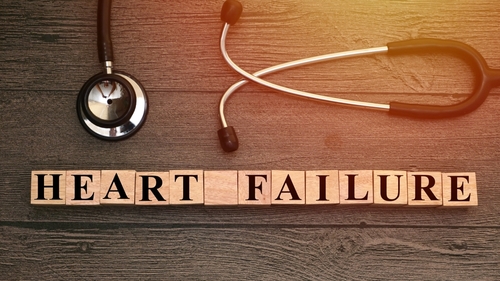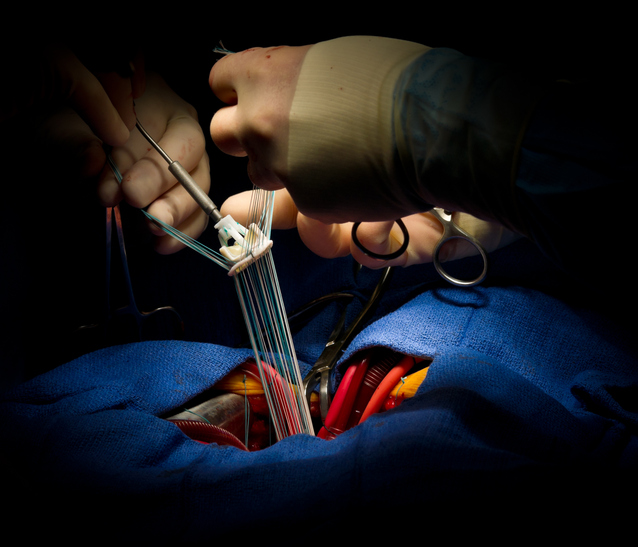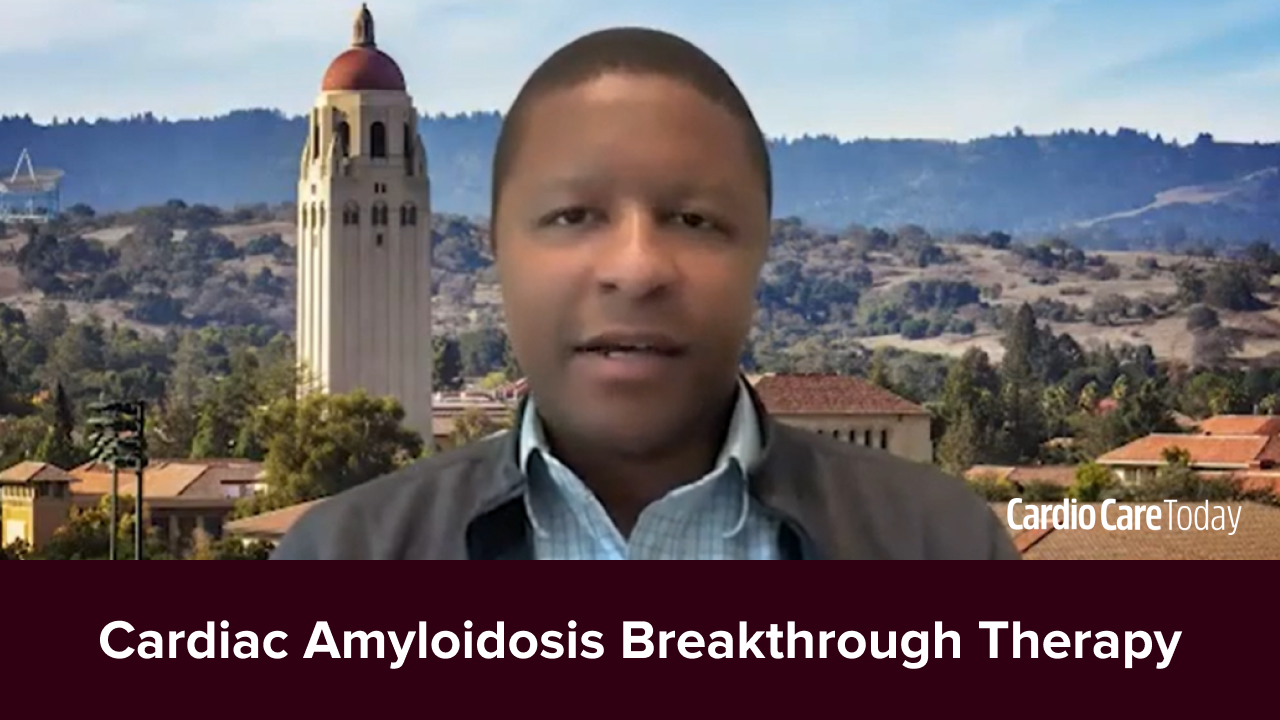
Physicians from the City of Hope Children’s Cancer Center, in collaboration with the Children’s Oncology Group (COG), conducted the largest clinical trial to date with the goal of reducing the risk of developing heart failure in individuals who have survived childhood cancer. Their results were published in The Lancet Oncology.
Investigators conducted the randomized, double-blind, phase 2b clinical trial at 30 COG-member hospitals in the United States and Canada. They enrolled 182 participants who took relatively low doses of carvedilol or an equivalent placebo over a 2-year period.
The findings showed no significant differences in side effects between the 2 study arms, and carvedilol appeared to be well tolerated. Of the trial’s 182 participants, 8 experienced a clinically significant decline in heart function during the study. Two of those 8 participants were taking carvedilol and 6 were receiving placebo.
Although the trial did not achieve its goal of decreasing the thinning of the heart muscle and enlargement of its chambers, there were significant improvements in left ventricular end-systolic wall stress, which is an earlier biomarker of worsening heart health. Very long-term survivors and those who were highly adherent to the study medication saw the greatest benefit.
“The growing number of childhood cancer survivors makes the development of early interventions imperative. Just helping children survive cancer isn’t enough,” said Saro H. Armenian, DO, MPH, the Barron Hilton Chair in Pediatrics at the City of Hope Children’s Cancer Center and corresponding author of the study. “We also need to optimize patients’ health so that they don’t have to face life-threatening side effects decades after they are cancer free.”
He continued, “Our research sets the stage for a phase 3 clinical trial that may demonstrate a significant benefit for certain patients who are at an especially high risk of irreversible heart function decline after completion of cancer therapy.”







 © 2025 Mashup Media, LLC, a Formedics Property. All Rights Reserved.
© 2025 Mashup Media, LLC, a Formedics Property. All Rights Reserved.